Is it possible to drink rosehip broth with pancreatitis?

Rosehip is a wild plant, but its benefits are enormous. The composition of the berries includes vitamin C, the saturation of which in them is much higher than that of citrus fruits or currants. Today, a decoction of wild rose is used to treat various diseases, as well as for the purpose of prevention. This product is great supports immunity, which makes it indispensable for humans.
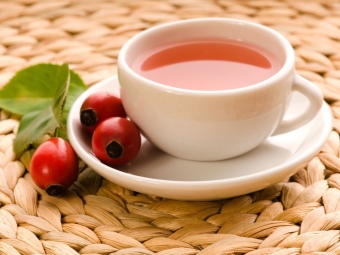
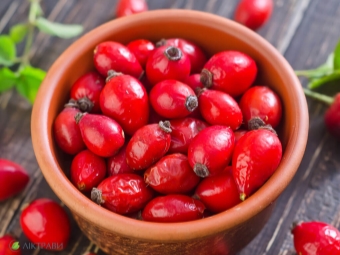
Rosehip and its benefits for patients with pancreatitis
Rosehip decoctions are very often used for the prevention and treatment of pancreatitis. It should be noted a few positive aspects of the use of this product in this disease:
- Periodic use of infusions reduces pain, and sometimes can completely remove it. But this happens only after a certain period;
- rosehip accelerates the restoration of damaged tissues inside the body;
- tinctures from it relieve inflammatory processes;
- the use of wild rose leads to the normalization of metabolism and strengthening of the immune system.
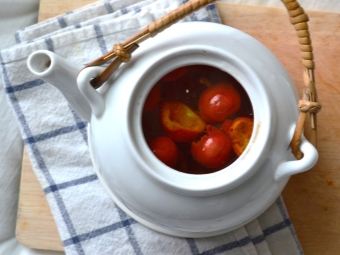

All these beneficial effects are achieved due to the presence of vitamins (C, B, PP and many others), various types of salts (calcium, copper, molybdenum) and catechins with flavanoids.
It should be noted that all these components are practically not destroyed in drinks that are prepared even with the help of brewing (heat treatment).
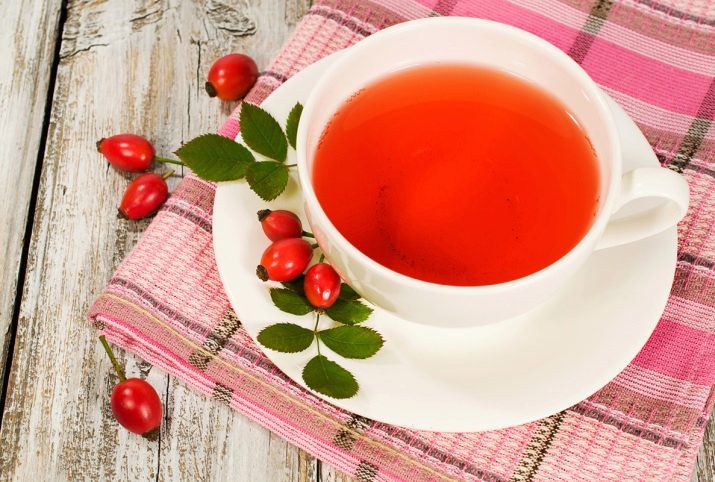
Use in chronic or acute stages
Rosehip in such cases is very often prescribed as an adjuvant.If you brew the drink correctly, it will help relieve not only the pain syndrome, but also prevent the development of fibrosis. In chronic stages, the periodic use of decoctions accelerates the recovery of affected gland tissues, and also increases the elasticity of blood vessels.

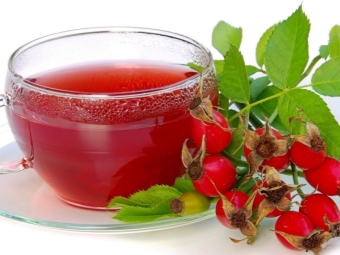
But such drinks can be drunk only in limited doses. The best indicator would be only 150 ml per day. The liquid should be taken only in small portions, excluding the addition of sugar to it. It is advisable to consult a doctor before taking, as you may have contraindications to the use of wild rose. In this case, the specialist prescribes an individual dose, taking into account the personal needs and capabilities of the body.
Please note that overdosing may have adverse effects. This can lead to overstimulation of the mucosa of the gastrointestinal tract, as well as a significant outflow of bile, which is not always beneficial.

Rosehip can also be used to treat gastritis and cholecystitis. But the technology of its use may differ, which should always be discussed with the doctor.
Chronic pancreatitis should only be treated under the supervision of a specialist. There are cases when these products caused constipation, reduced the outflow of bile, and also reduced the production of insulin by the pancreas.

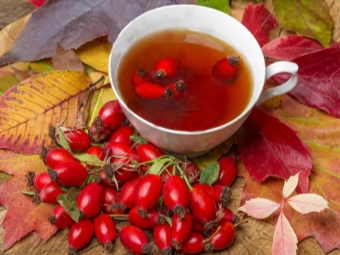
Restrictions
The use of decoctions or tinctures of wild rose is not a universal method of treatment. It is also important to adhere to the dosages and recommendations of specialists. There are several simple Rules to be followed when using this product:
- if you have an acute form of inflammation or an exacerbation of the disease, then drinking rosehip drinks is strictly prohibited;
- decoctions should be weakly concentrated, which will eliminate the negative impact on the body;
- No sugar or honey is added to drinks. These components have a bad effect on the pancreas, which can lead to an exacerbation of the disease;
- Before use, be sure to consult your doctor to avoid relapses.

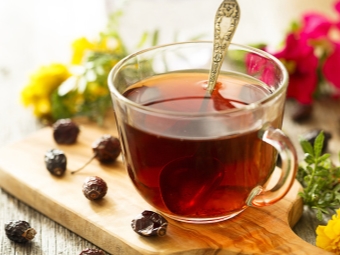
The use of wild rose is not recommended in such cases:
- the presence of various diseases of the heart muscle and blood vessels. It can be thrombophlebitis, endocarditis and other similar diseases;
- tooth sensitivity or the presence of other diseases of this organ. This is due to the fact that substances that provoke the development of diseases get into the body from the wild rose;
- acute pancreatitis. Treatment in this case is selected only individually by an experienced doctor. The use of wild rose without permission in this case is not recommended;
- stomach diseases. This often includes all types of ulcers that pass in an acute form, provoking internal bleeding.


simple recipes
You can prepare a rosehip decoction in various ways, but the main thing at the same time is to follow the recipe and use only clean and high-quality products.
It is advisable to collect the fruits only after they are completely poured.
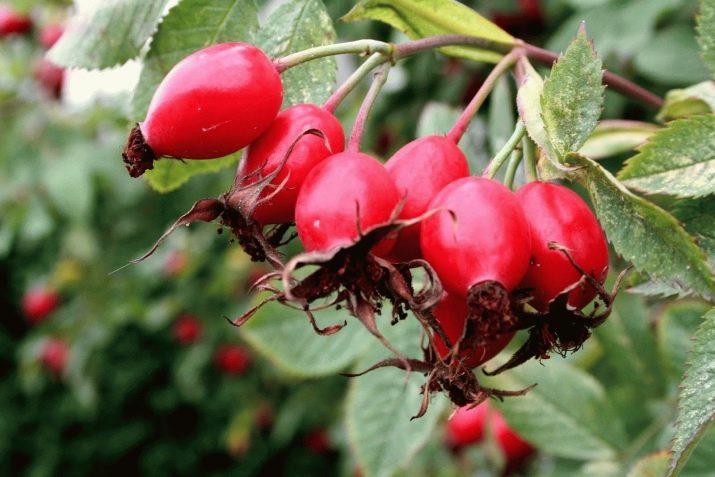
In some cases, you can use the roots of this plant, which also include many vitamins and minerals. There are a few simple recipes to get the most out of rose hips:
- to brew a light decoction, you will need about 200 g of dried berries. They are simply poured with 1 liter of boiling water. After that, the resulting mixture must be simmered in a water bath for about 15 minutes. The solution must be allowed to cool before use. Use the decoction diluted with clean water. The ratio of components should be 1 to 1.This infusion is perfect in case of mild exacerbation of pancreatitis. The daily dose does not exceed 3 times ¼ cup;
- You can also prepare a decoction from rosehip roots. To do this, you need 50 g of a purified product, which is desirable to cut into small pieces. You need to brew the root in 250 ml of boiling water. The resulting mixture still needs to be boiled for about 20 minutes. The daily dose should not exceed 3 sips 3 times a day;
- an infusion of berries, which perfectly helps during remission. The composition of the decoction includes 100 g of dried fruits, which are placed in a thermos and poured 1 liter of boiling water. The mixture should be infused for about 2 hours. Experts recommend stretching 400 ml of liquid 5 times.
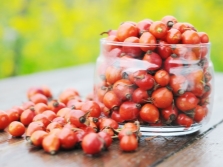
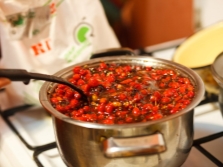

Rosehip is a unique plant that is used not only for prevention, but also for the treatment of complex diseases. To get the most benefit, it is advisable to consult your doctor.
You can learn about the benefits and harms of wild rose in the video below.

















